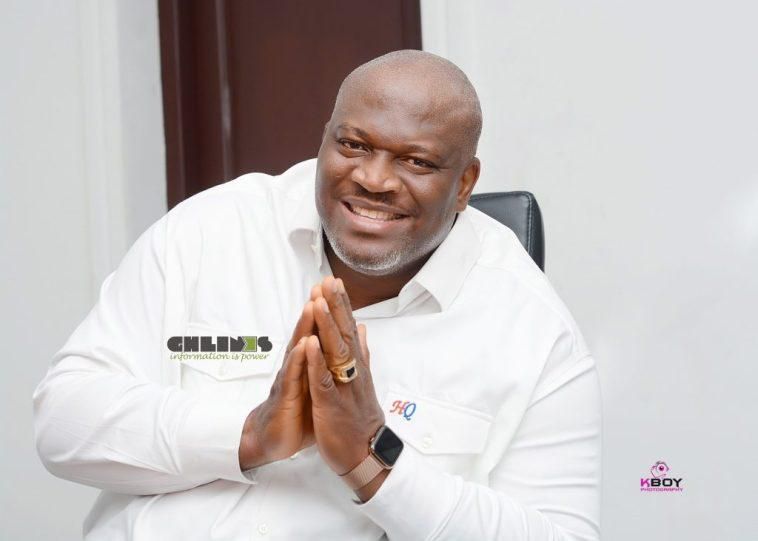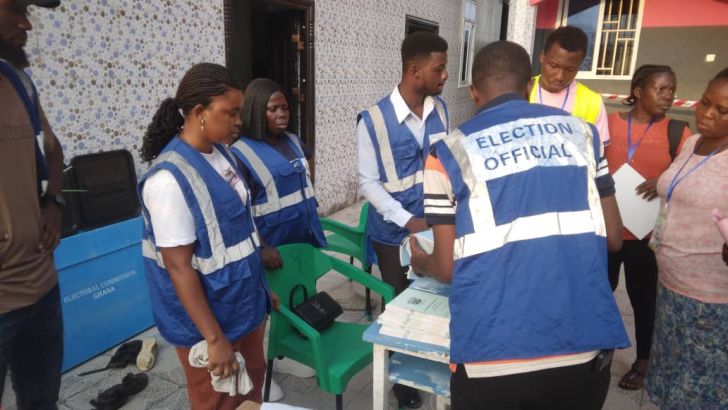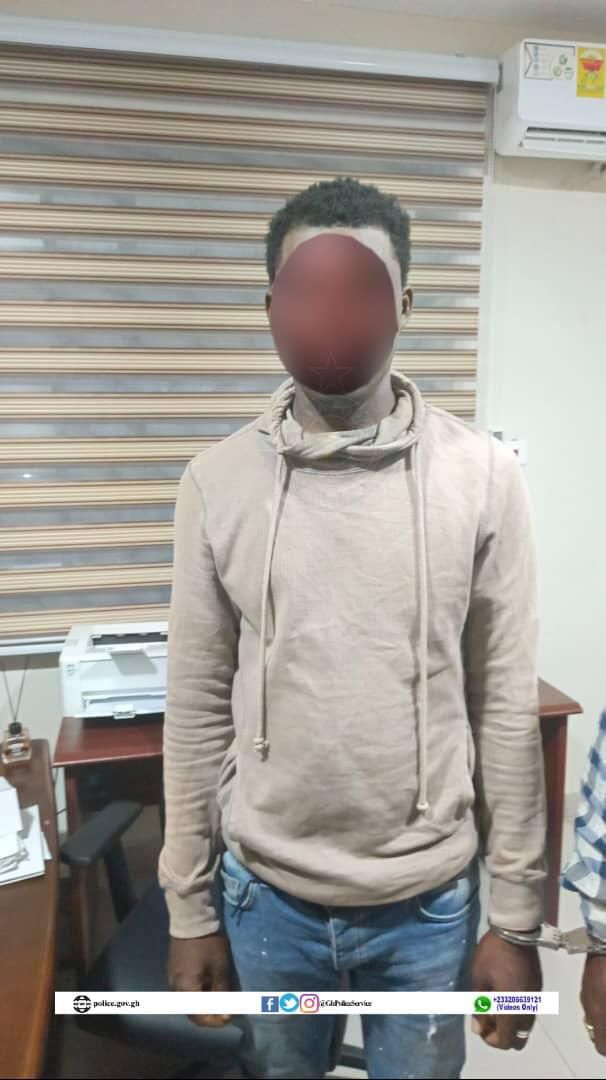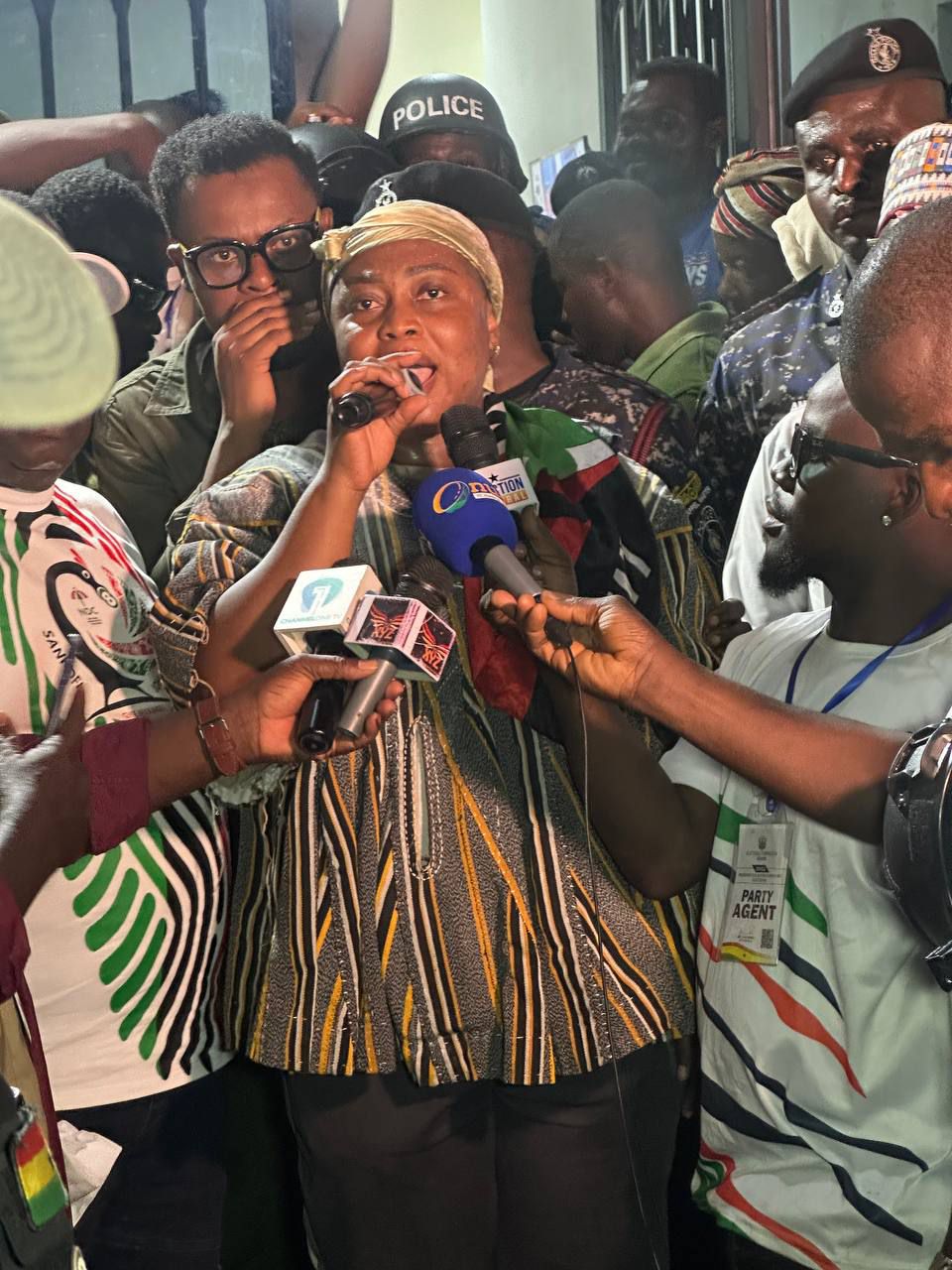
Thailand singer, Phing Chyada’s discomfort began as a persistent ache, one she hoped would fade with time. Instead, the pain deepened, driving her to rely on painkillers for relief. A week later, her right arm grew numb, but rather than seeking medical advice, she returned to the massage studio, convinced another session might help.
Two more weeks passed, and her condition worsened. The pain in her neck became so excruciating that lying on her back was impossible. Still, Phing dismissed it as an unfortunate aftereffect of the massage, unaware of the growing danger.
On her third visit to the studio, the massage was particularly aggressive, leaving her bruised and tender for days. The bruises faded, but new symptoms emerged. Her fingertips began to tingle incessantly, an unbearable sensation that made her long to sever her own palm. The numbness crept up her arm, invading her chest and right leg, until it claimed the entire right side of her body.
What began as a manageable discomfort had spiralled into a frightening loss of sensation—an ominous sign she could no longer ignore.
“I don’t know where to start. Many people have asked me what happened. I went for a massage at a place in Udon Thani,” Phing Chyada wrote on Facebook on November 6. “Before the massage, my symptoms were that only my shoulders were sore. When I first got a massage, my symptoms were normal. Two days later, I started to have pain in the back of my neck. I thought it was just normal pain from the massage.”
Phing Chyada’s ordeal began with a persistent, unrelenting pain. Instead of easing, it intensified, forcing her to rely on painkillers for relief. A week later, her right arm grew numb, yet she chose to return to the massage studio for another session, convinced it was a temporary discomfort. A hospital visit never crossed her mind.
Two weeks passed, and the pain became unbearable. It gripped her neck so tightly that she could no longer lie on her back in bed. Even then, Phing dismissed it, attributing the agony to lingering effects of the massage.
On her third visit to the studio, the massage was harsher than ever, leaving her body battered with bruises that lasted for a week. But the aftermath was far worse. A strange, tingling sensation spread through her fingertips, so intense that she felt a desperate urge to sever her own palm. The numbness crept from her hand to her chest and down her right leg, until she lost all feeling in the entire right side of her body.
What began as a minor discomfort had spiraled into a harrowing ordeal—one that left her body betraying her in ways she could no longer ignore.
“Right now, I can’t use half my body,” Phing wrote on Facebook. “I’m telling you this because many people have asked me. I want to leave this as a lesson for anyone who really likes massage. I will recover. I’m in so much pain. I want to work now, but right now I’m just waiting for the right time. Thank you for reading to the end. I want to reply to chats, I want to reply to everyone’s comments, but I can’t. I move with cramps all the time. I’m bedridden and can’t help myself. Thank you for all the encouragement.”
Yesterday, the widely followed Thai Facebook page Drama Addict announced the tragic passing of Phing Chyada, a young singer who fell into a coma due to complications from severe neck injuries. Despite efforts to save her, doctors discovered too late that she had a severely herniated disc in her neck, leaving them unable to intervene.
Speaking to Thai broadcaster PPTV, Chyada’s grieving mother revealed that her daughter had sought medical advice for her persistent neck pain. However, the doctor dismissed the possibility that a neck massage could cause such severe symptoms. When confronted with Chyada’s trembling hand, the doctor even questioned whether she was using drugs, rather than pursuing further investigation.
Left without answers, Chyada resorted to pain medication, a decision that ultimately proved fatal.
Her tragic story highlights the devastating consequences of misdiagnosed medical conditions and the importance of patient-centred care.
Read Full Story



















Facebook
Twitter
Pinterest
Instagram
Google+
YouTube
LinkedIn
RSS